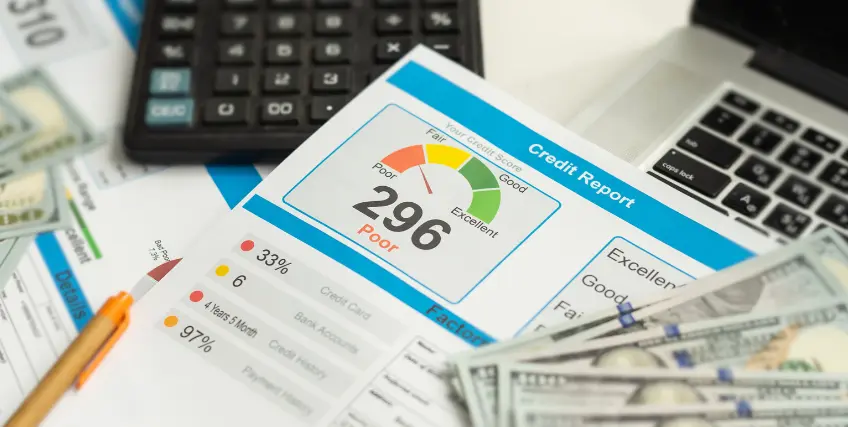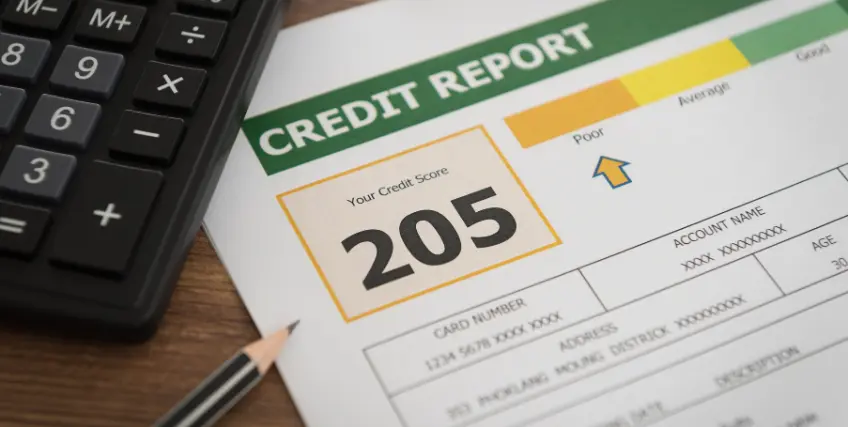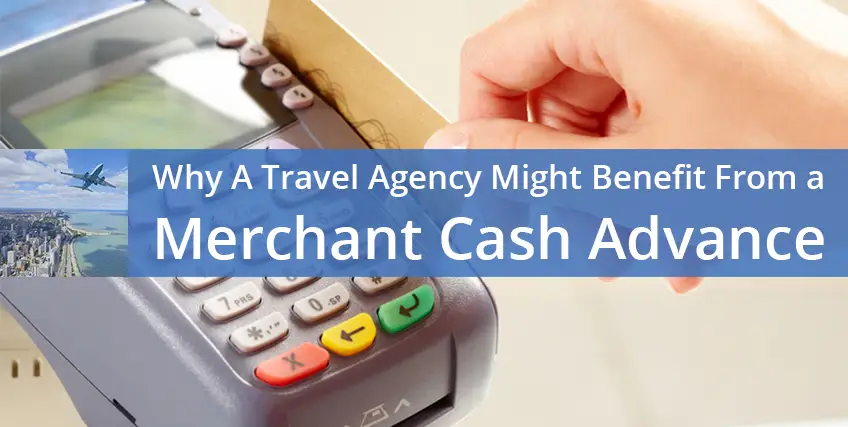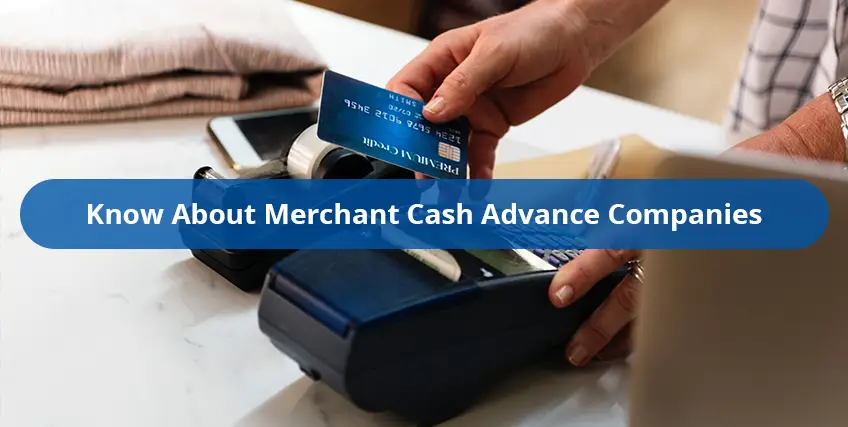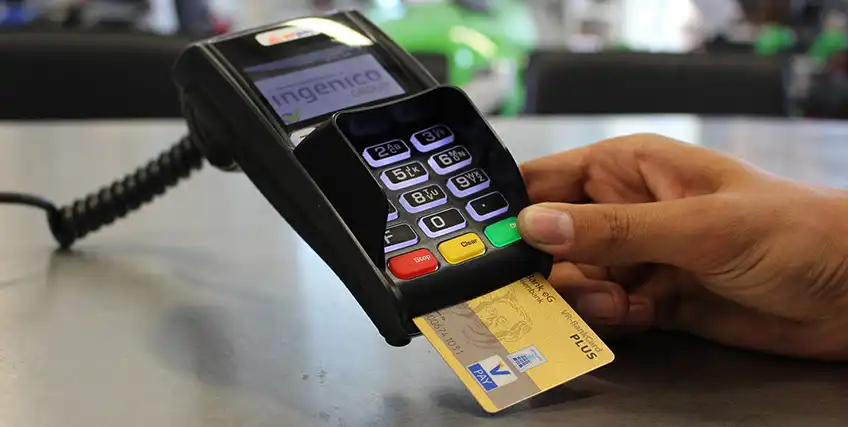Merchant Cash Advance vs. Traditional Business Loans: Which is Right for Your Business?
January 10, 2025 | Last Updated on: January 10, 2025

There comes a time for most small business owners when you need money. Whether it’s to increase cash flow during an economic downturn or to take advantage of a business opportunity, you need capital you don’t have. So, how do you get it?
Many business owners turn to traditional loans from lenders like banks and credit unions. Others, however, pursue merchant loans like merchant cash advances (MCAs). What’s the difference and how do you choose? We answer that and more here.
In this article:
- Learn the differences between traditional business loans and merchant cash advance funding — which are technically not loans.
- Explore the benefits and drawbacks of each type of financing.
- Understand what kind of business financing is right for your business.
What is a Merchant Cash Advance?
A merchant cash advance (MCA) is a form of business financing arrangement between two companies. It’s important to clarify that an MCA loan is not really a loan, as it’s a commercial agreement between businesses. However, it still looks and functions a bit like a merchant cash advance.
How it works is that the MCA funding provider (usually an online lender or merchant cash advance company) provides an upfront, lump sum payment to a small business in exchange for a percentage of future credit card sales or debit card sales. Rather than charge an interest rate, the MCA company multiplies the funding amount by a factor rate to determine the total repayment amount.
For instance, if a business borrows $15,000 with a 1.4 factor rate, you’d multiply 15,000 x 1.4 to get the $21,000 total repayment amount.
In this arrangement, you make daily or weekly payments to the MCA provider based on your sales performance. Often, a small business will simply pay a portion of credit card transactions directly to the MCA. Unlike a fixed monthly payment, MCA repayments may fluctuate frequently.
The primary advantage of a merchant cash advance over traditional business loans and other financing options is that they offer very fast business funding — sometimes the same day you apply.
What is a Business Loan?
A business loan is just like any other personal loan you may have taken out for a car or a home. Business term loans may be both short-term or long-term and work like any other traditional loan. That is, a small business receives a lump sum payment from a traditional bank or credit union and must pay it back, plus interest, within the loan term.
There are many business loan products, including:
- Working capital loans: Short-term loans with higher interest rates and typically repaid within 18 months.
- Term loans: Long-term, high-value loans with repayment terms between 7 to 25 years.
- SBA loans: Loans partially backed by the U.S. Small Business Administration (SBA). These programs include the popular 7(a) program, microloans, export loans, and more.
With business loans, you sign a loan agreement and make fixed monthly payments throughout the repayment period. These payments cover the loan principal as well as the annual percentage rate (APR).
Qualifying for a business loan is typically more difficult than qualifying for a merchant cash advance. There are higher eligibility requirements, including a high minimum personal credit score, time in business requirements, and monthly or annual revenue requirements. Plus, they often require putting up collateral, like personal assets or business property, to secure the loan.
Which Financing is Right for Your Business?
The right financing for your business depends on a range of factors. There are pros and cons to both merchant funding and traditional loans. It comes down to your type of business and why you need capital. We’ll provide more specific examples in the next section, but here’s a broad overview of both financing types:
| Merchant cash advance | Business Loan | |
|---|---|---|
| Top features | Fast funding, low eligibility requirements, no collateral | Large funding amounts, fixed repayments |
| Funding time | Same day available | One week to 90 days |
| Interest rates | Factor rates between 1.1 and 1.5 | 6% to 12% |
| Repayment schedule | Daily or weekly in percentages | 6 months to 25 years |
| Max loan amount | Up to $1 million | $5 million+ |
| Prepayment penalties | No | Depends on lender |
Pros and Cons of Merchant Cash Advances
Pros:
- Fast funding
- Easy application process
- Low eligibility requirements
- Flexible repayments
- No collateral or personal guarantee
Cons:
- Sometimes confusing terms
- Sometimes high origination and additional fees
- Frequent repayments
Pros and Cons of Business Loans
Pros:
- High loan amounts
- Fixed payments
- Builds credit
Cons:
- May have higher interest rates
- Collateral or personal guarantee required
- More difficult to qualify for
- Terms keep you in debt longer
How to Choose the Right Funding
Choosing the right funding for your business requires answering a few questions:
- How are you going to use the funds?
- How much do you need?
- How fast do you need the money?
Depending on your business’s financial situation and your answers to your questions, both business loans or an MCA may be right for your business. To help you make a choice, we’ve broken down some specific scenarios below.
You Have Bad Credit: Merchant Cash Advance
If your personal credit score is below 640, you may struggle to qualify for a business loan. Or, you might have to put up significant collateral or provide a personal guarantee to payback the loan if your business defaults. Even if you do get approved, you’ll likely have a high interest rate and punitive terms.
As such, a merchant cash advance is almost like a bad credit business loan. While merchant cash advance providers are more funding companies than lenders, they offer a valuable solution to startups and business owners who otherwise can’t get business loans.
If you can qualify for a small business loan, it can be a good way to help rebuild your credit. MCAs are not reported to credit bureaus and will not have an impact on your credit history.
You Have Good Credit and Business History: Business Loan
Business loans are good options for more established businesses with a strong business credit score and owners with good personal credit scores. Businesses that can show financial statements and bank statements that prove years of profitability will qualify for lower interest rates and better terms.
You Take Credit Cards: Merchant Cash Advance
Borrowers usually pay merchant cash advance funding back through a percentage of credit card transactions. As such, if your business takes credit card payments, it can make it easier to repay the MCA.
You Want to Grow Fast: Business Loan
Business loans come in many shapes and sizes, but one of the key advantages is that they offer high loan amounts with long repayment terms. As such, they’re useful for investing heavily in growth and expansion activities.
For instance, if you want to expand your landscaping business, you’ll need lawnmowers, gardening equipment, trucks, and people to power them. A business loan can give you a large influx of cash to fund a rapid increase in operating expenses. Grow your business, raise your monthly revenues, and you can pay back the loan over time.
Seasonal Businesses: Merchant Cash Advance
Merchant cash advances typically don’t have fixed payments. As such, they’re popular with seasonal businesses that need cash flow to stay open through slow times of year.
For instance, say a gift shop in a resort town needs to pay its employees and rent through the winter. An MCA helps them pay these expenses while only charging a percentage of the small profits the business makes in that time. When business picks back up in the summer, the profits rise, and the business can pay back what they owe.
Business is Booming: Business Loan
Not only is it easier for profitable businesses to get approved for business loans, but the best time to take on debt is when business is good. With a large increase in cash flow, you can address urgent business needs, invest in marketing and production to maintain a business boom, and even set up an emergency fund.
A merchant cash advance can help with all these things, too, but paying back MCA lenders or providers with your profits is not preferable to making smaller, fixed monthly payments.
Need Quick Access to Cash: Merchant Cash Advance
There are many instances in which a business may need fast access to cash. A supplier for a key restaurant ingredient has an issue and you have to pay extra from a new supplier. Your dental office got a sudden influx of customers and you need to hire another dental hygienist. Whenever you have sudden financial demands, merchant cash advances can help.
With an MCA, you can get approved and receive money in your business bank account the same day you apply. That gives you unparalleled access to the money you need to meet urgent business needs.
Bottom Line
The right type of financing for your small business depends on a range of factors, from your type of business to your appetite for debt. While merchant financing and traditional loans each offer advantages, they function in very different ways.
If you need cash fast and don’t mind paying more when business is booming, an MCA is great for you. If you need a large sum of money and want to pay it back slowly over time with fixed payments, a business loan might be a better option.
Either way, these funding options can help your business stay in the black.
FAQs
What is a merchant cash advance?
A merchant cash advance, sometimes called a merchant loan, is not actually a loan. It’s a commercial arrangement between an MCA lender, or a merchant cash advance company, and a small business in which the company provides an upfront lump sum payment to the small business in exchange for a percentage of future credit card sales or other receivables.
What is a bank loan?
A business loan is when a traditional lender like a bank or credit union provides an upfront, lump sum payment to a small business in exchange for fixed monthly payments, plus interest, for a set period of time.
How to choose the right funding?
The right funding for your business depends on many factors. Generally speaking, if you need cash fast, an MCA is a better option. If you need a large amount of money and want to pay it back slowly over time, a business loan is a better choice.
What are the benefits of a merchant cash advance?
The primary advantages of an MCA over other forms of financing include quick funding, low eligibility requirements, and a flexible repayment structure.
What are the benefits of a business loan?
The key benefits of a business loan are larger loan amounts, fixed repayments, and the ability to build credit by paying back the loan.
Frequent searches leading to this page
merchant cash advance lenders, mca advance, small cash advances, company cash advance, cash advance for merchants
Recent Articles
Related Articles

Can You Renegotiate Terms on MCA Cash Financing After a Default? What Business Owners Need to Know
November 27, 2024

Business Loan or Merchant Loan? Understanding Loan Options for Your Business
November 25, 2024

Avoiding the Debt Trap: How Stacking MCA Business Financing Can Hurt Your Business Credit
November 7, 2024

Why MCA Business Funding May Be Ideal for Retailers Looking to Expand Inventory
November 5, 2024

Merchant Cash Advance vs. Asset-Based Lending: Which is Right for Your Business?
January 10, 2025

Merchant Cash Advance vs. Traditional Business Loans: Which is Right for Your Business?
January 10, 2025

Merchant Cash Advance vs. Line of Credit: Which is Right for Your Business?
January 9, 2025

5 Things Every Small Business Owner Wishes They Had Known When They Started
January 9, 2025









